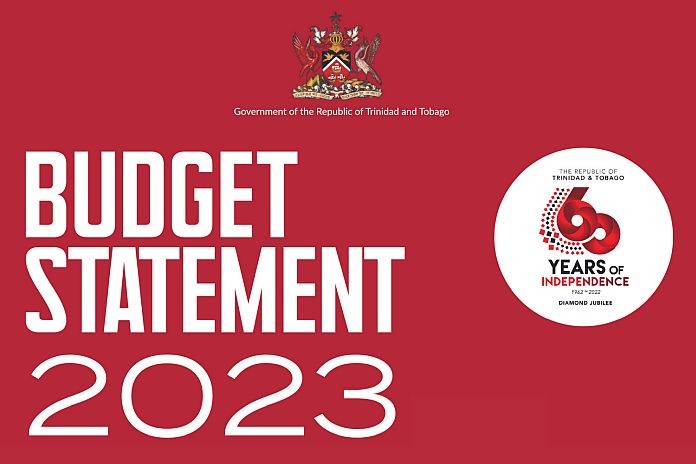Dear Sir
Now that the budget debate is over, we can see why Kamla Persad-Bissessar was perfectly correct in her critique of the budget and was well justified to reject it.
In fact, her devastating critique made the PNM totally confused about their own budget. Colm Imbert’s recent announcement, even boast that oil revenues are almost twice as much as expected is just the latest indication of this confusion.
Is this an austerity budget where people must make painful cuts? If so, why, if we have much higher revenues?
The government has been totally inconsistent on the matter.
First, Faris Al-Rawi and Marvin Gonzales casually and coldly acknowledged that the budget would cause hardship on people. They did not care about people’s criticisms and pushed back heartlessly.
Shamfa Cudjoe famously complained that citizens weren’t willing to sacrifice. Keith Scotland said people would have to use coal pots and bicycles if they couldn’t afford fuel. And Marvin Gonzales said that families would have to eat less macaroni pie, less ham and go out less.
But people didn’t accept it … rightly so.
Then, prime minister Keith Rowley tried to spin the situation and apologise. He first said that the ministers were “misunderstood”. Later, at the Diego Martin meeting on October 12, he even claimed that he was putting more money in people’s pockets. He was trying to make the citizens feel as though the budget was making people richer.
Minister of finance Colm Imbert even went so far as to say that we have more dollars per person today than ever before, even though these dollars are worth less today than they ever have been.
Now, Imbert is boasting about high revenues from oil and gas.
The truth of the matter is that this is an austerity budget, putting further additional financial pressure and stress on every citizen, in a time of high oil prices.
We must ask, why is this so? Why is the government continuing to pressurise the citizens?
As Kamla Persad-Bissessar pointed out, low oil prices were the justification for cutbacks in the past. So why isn’t the government now spending when oil prices are high?
“For seven years, this minister repeatedly cried that falling energy prices had challenged the revenue streams of this country.
That was his:
- Justification for the reduction and removal of subsidies, including the multiple times he raised the price of fuel, laughing while citizens suffered;
- Justification for not increasing the value of social grants, pensions and public assistance to realistic levels;
- Justification for stalling projects in specific areas – schools, preschools, ECCE centres, highways, university expansion, hospitals, bridges, drainage, road repair, police stations in every area of life;
- Justification for the Government’s inability to conclude negotiations with unions, offering zero and 1 percent salary increases even as the cost of living grew;
- Explanation for raising taxes and adding new taxes.
“So logically, when world oil, gas and ammonia prices skyrocketed as it has done for 17 months, dramatically increasing revenue, citizens expected an opposite response; at the very least, a softening of the severely constrictive policies that the government had instituted over the past 84 months. Like the rest of the population, we were hoping for a budget that would address the realities in our country.
“Instead, the government’s reaction was to introduce and raise even more taxes, remove even more subsidies, raise fuel prices even higher and offer unions less than minimum wage increases.”
The government was never able and never bothered to explain this. This is why people have called it a “wicked, evil” budget.
When oil prices are low, people must sacrifice and when oil prices are high, people must also sacrifice. This government, as Persad-Bissessar rightly claimed last year, has clearly declared war on the people of Trinidad and Tobago.
Trinidad and Tobago owes a debt of gratitude to Kamla Persad Bissessar-led opposition UNC for standing up for the people and hope this is the last budget ever presented by the PNM.
Capil Bissoon





